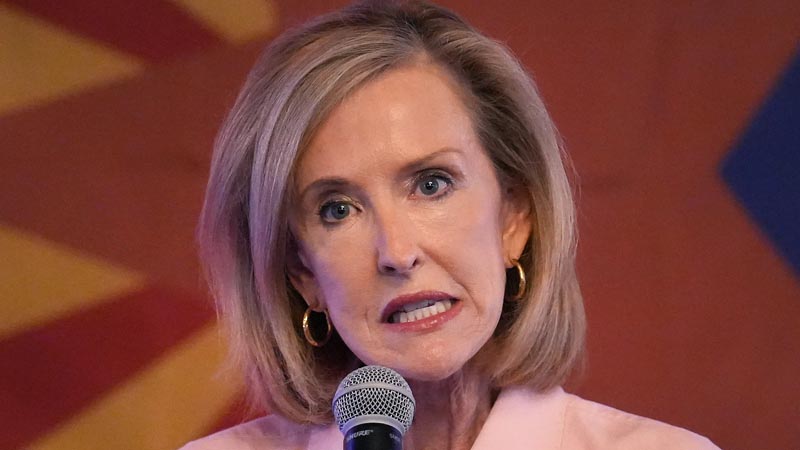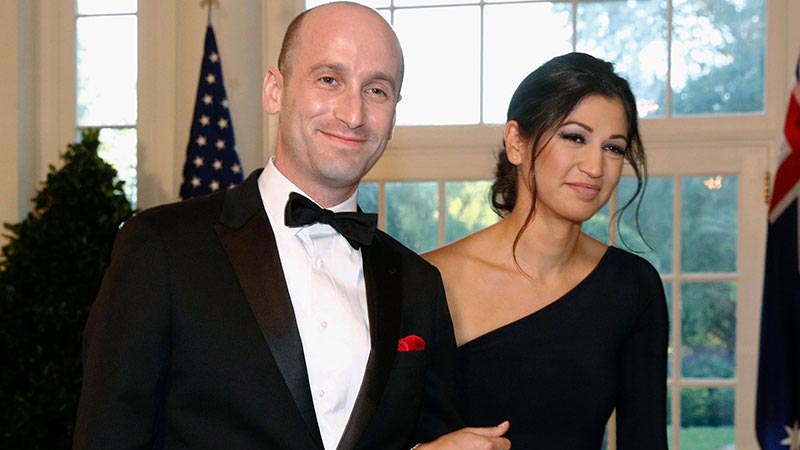Morabito Tackles Biden Over Plan To Cancel $39 Billion Student Loan Without Going Through Congress

Source: ABC News
President Joe Biden recently announced a $39 billion student loan relief plan which aims to ease the burden of student loan debt for 804,000 Americans. However, this decision has faced strong criticism from Angela Morabito, a former Department of Education official, who argues that such a move should have gone through Congress.
Angela Morabito, who previously served as a spokesperson for the Department of Education during the Trump administration, has been vocal in her disapproval of President Biden’s executive action. In an interview with Fox News on Monday, July 17th, 2023, she highlighted the potential dangers of bypassing Congress to enact such a significant policy change.
She said, “This $39 billion decision seemingly came out of nowhere until you realize that it is part of Biden’s larger plan to enact mass loan forgiveness anyway he can, legal or not. Anything that makes more Americans cosigners on loans they didn’t take out I think is a real mistake. It’s the wrong thing to do.”
“It’s Congress that has the power of the purse. If Biden wants to get this done, he ought to go ask Congress, but he doesn’t because he knows they will say no.”
Morabito’s criticism stems from concerns over the separation of powers and the proper role of Congress in shaping policies that impact the American people. She argues that executive actions should not be used to unilaterally implement substantial changes that have far-reaching consequences.
The former Department of Education official also expressed concerns about the precedent set by President Biden’s decision. By bypassing Congress, Morabito believes that future administrations could be tempted to make similar unilateral moves, potentially undermining the democratic process.
Moreover, Morabito emphasized the need for a comprehensive approach to address the student loan debt crisis. While acknowledging the challenges faced by borrowers burdened with student loans, she argues that blanket forgiveness without careful evaluation may have unintended consequences. Morabito believes that a more targeted approach, focusing on reforming the higher education system and providing support for struggling borrowers, would be a more effective solution.
Supporters of President Biden’s action, on the other hand, argue that urgent action was necessary to alleviate the burden faced by millions of Americans burdened by student loan debt. They contend that Congress has been slow to address the issue, and the President’s executive action was a necessary step to provide immediate relief.
However, critics like Morabito counter that while addressing the student loan debt crisis is undoubtedly important, it should be done through a transparent and democratic process that involves Congress. They argue that the legislative branch is better equipped to thoroughly evaluate the potential impact and establish safeguards to ensure the fairness and effectiveness of such policies.
The debate surrounding President Biden’s decision to initiate the student loan relief plan without congressional approval is likely to continue in the coming months.
While President Biden’s move may have provided immediate relief for some, it has also raised significant concerns regarding the role of executive authority and the appropriate channels for enacting substantive policy changes. Only time will tell how this decision will shape the future of student loan debt relief efforts and the broader landscape of executive decision-making.


